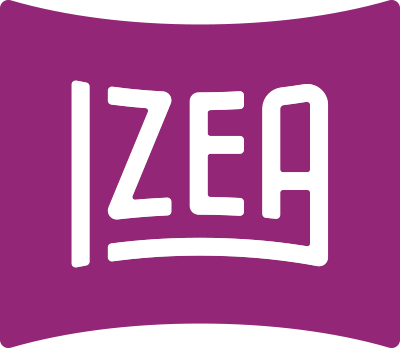A quick glance at social media might make it seem that there are as many influencer marketing campaign types as there are influencers. But although influencer marketing can seem tricky to decipher, it’s just a matter of sticking to the basics when it comes to campaigns.
Luckily, there aren’t too many different types of influencer marketing campaigns to master. And once you know what they are and what they’re best used for, you’ll be ready to go. Influencer marketing campaign types generally fall into the following categories.
Sponsored Social Media or Blog Content
Sponsored content is one of the most popular types of influencer marketing campaigns. Brands partner with influencers to create content that mentions the companies’ products and often shows influencers using them or talking about them. With these types of campaigns, brands usually pay the influencers for the content they create. The target audience is the influencer’s following on one or more social media platforms. It can also be a blogger’s audience on their website.
The benefits include building brand awareness and trust among new audiences that find the content about your brand relevant and valuable. Additional benefits of this type of influencer marketing campaign include increased engagement, lead generation and conversions. Another advantage of sponsored social media or blog content is that you can often repurpose it for other channels, making it cost-effective.
Hosting Giveaways and Contests or Gifting
These types of campaigns are often used to launch a new brand, product or service and to reward followers. They’re exactly what they sound like. With gifting, brands partner with influencers, giving them products to try and to mention or review on social media. Influencers can also host giveaways of the products on social media or give followers chances to win the items in contests.
The benefits of these types of campaigns include boosting brand awareness and loyalty and increasing followers, leads and site traffic. The target market is made up of both current and potential followers and customers.
Guest Blogging
With guest blogging campaigns, brands partner with bloggers to have the brands’ industry experts write for the blogs. Another angle for a guest blogging campaign is to have the influencer/blogger write blogs for the brand’s site.
The target market consists of members of the blogger’s audience that your industry is relevant to. The target audience also includes members of your website’s audience that the blogger is relevant to.
The benefits include increased traffic to your brand’s site, leads and conversions. Brands use guest blogging to grow brand awareness and to establish themselves to consumers and other businesses as trusted experts in an industry.
Brand Ambassador Programs
Brand ambassador programs often involve a brand partnering with some of its best customers to promote products or services. One of the benefits is that consumers are often more trusting of someone they view as a real person rather than a celebrity. Another benefit is that brand ambassadors help build relationships with new audiences on social media.
Brands use brand ambassadors to get the word out about new products and to increase brand awareness. The target audience is the brand ambassador’s social media community of followers, friends, family and colleagues. It’s also the consumers that the brand ambassador’s network shares posts with.
Events
An influencer marketing campaign that revolves around events is an excellent option for a brand that wants to boost buzz around a new product. The event can be anything from a concert to a festival, party or fashion show. The idea is that consumers should have a fun, entertaining or educational experience at the event that they then associate with the brand.
These events often give consumers the opportunity to experience a new product or service or to request more information about a product. The influencer appears at the event and promotes it on social media in advance, as well as during and after it. It’s a great opportunity to get press for a brand using creative promotions.
The benefits include boosting brand engagement, leads, awareness, loyalty and conversions. Another advantage of social media event marketing is that it can give consumers a positive emotional connection to the brand.
Social Media Takeovers
When an influencer temporarily takes over one of the brand’s social media channels, the target audience is the brand’s and the influencer’s followers. The benefits for the brand include exposure to a new audience and humanization of the brand through the influencer.
Use takeovers to increase brand awareness, drive traffic to your brand’s website and boost social media engagement. Social media takeovers can also grow leads and conversions. They help update your brand image and make it relevant to untapped markets.
Affiliate Campaigns
With affiliate campaigns, brands partner with influencers to promote products on social media and give influencers commission for each product sold. Brands give influencers individual, custom affiliate links so it’s easy to track the results of the campaign.
The influencers’ followers are typically offered a discount for purchases. One of the benefits of this type of campaign is that brands pay influencers based on sales. That makes it cost-effective. Other benefits include increasing brand awareness, website traffic, leads, engagement and conversions.




